Recognize and avoid toxic relationships
October 19, 2021
Last month, the remains of 22 year old Gabby Petito were found in Grand Teton National Park. This case has been in the national spotlight and since the disappearance of her fiance Brian Laundrie, much has been reported and speculated about the couple’s relationship.
On social media, the couple’s road trip through national parks was portrayed as perfect and they seemed very happy together, but police footage documenting the couple’s domestic dispute has put Laundrie and the relationship under greater suspicion.
“It was clear as day to me that she was in an abusive relationship,” said Director of Curriculum and Instruction Jessica Radgono. Many young people are in the same situation as Petito, but don’t recognize it or are too afraid to speak about it.
Petito and Laudnrie’s relationship is a prime example of how relationships are not always what they seem. Maybe there are not enough examples of real and healthy relationships for young people to model their relationships after. The way toxic relationships are romanticized in society like in movies, books, celebrity news and shows can make people believe abusive or difficult relationships are normal and how love should look and feel.
For example, the epic love story in Twilight isn’t as great as it seems. Bella and Edward are actually not actually good together, and there is evidence to support the toxicity of their relationship. Another example is Allie and Noah from The Notebook. They seem to be the ideal picture of romance, but it is clear that parts of their relationship are obsessive and manipulative. Society romanticizes these love stories when in reality, it is just a misinterpretation of what love really is.
Some may accept abuse in a relationship because they think they deserve it, or that they are not worthy of real love, while others fail to notice the signs of abuse that are right in front of them. “I could tell from the video right away that [Petito] had no clue she was in an abusive relationship,” said Radogno.
According to the National Domestic Violence Hotline, the most common signs of an abusive relationship are jealousy, verbal abuse, threats and controlling behavior. Even one or two of these behaviors in a relationship is a red flag that abuse may be present, the hotline said. “Showing extreme jealousy of your friends or time spent away from them. Preventing or discouraging you from spending time with friends, family members, or peers. Insulting, demeaning or shaming you, especially in front of other people,” these are some of the specific signs to be aware of according to the hotline.
Both physical and mental health can be damaged in a toxic relationship. This is why it is important to realize when your relationship is abusive and that it’s time to get out. A student who wishes to remain anonymous realized she was in a toxic relationship when she felt uncomfortable talking to her partner who didn’t seem interested in or supportive of her needs. “You slowly realize the fear you feel just telling them things,” she said.
When a partner raises their hand or even their voice, it begins to look like a red flag, but some may misinterpret the manipulative behavior as love. “It sounds really cliche, but definitely listen to friends and family when they say something looks off, they could be wrong, but a good percent of the time they are right, even when it sounds unbelievable,” said the anonymous student.
Leaving a toxic relationship is not always easy, even if others recognize the problems – those in the relationship are often the last to accept the problem. While it’s best to leave a relationship at the first sign of abuse, many stay in abusive relationships for different reasons. “When you are in an abusive relationship, it’s incredibly disorienting, which makes it even harder to leave. You feel trapped, drained, and you’re hanging on by thread. You’re basically in survival mode, making rational choices that lead to safety even more difficult” said Radogno.
At Nazareth, there are many young people in relationships and many still who are looking forward to their first relationships. So, how can one venture into the dating world and ensure their relationship is healthy? It is very important to enter into any relationship with a clear and objective mind. Since there are many different red flags in toxic relationships, knowing what to beware of is key. “A healthy relationship is going to feel stable and non-threatening, but a toxic one is going to have extreme ups and downs,” said Radogno.
Whether you’re in a relationship or not, it is very important to prioritise yourself. Sophomore Jezabel Calva said. “Even real and healthy relationships can be draining. Maintaining one isn’t always easy.” Not everyone is ready or able to put in the work that a relationship requires. Only if you have taken the time to have a good relationship with yourself should you enter into a relationship with someone else.
The Child Mind Institute gives good advice to teens interested in being in a relationship. “It’s natural to share interests with the person you’re dating, but you also need to keep developing an identity outside of that person, too. Keep thinking about what you like and what you need. Have an interest that’s just yours. It will improve your self-esteem, and being confident in yourself makes you more likely to be confident in your relationship.”
There is no rush to be in a relationship at all; many Naz students are single and they are okay with it. “I may not be in a relationship at the moment, but being single has taught me so much and I prefer waiting for the correct one to come to me rather than accidentally rushing into a relationship with the wrong person,” said Sophomore Madyson Ramirez. Some teenagers view getting into a relationship as a really important part of their teen experience, but teens need to understand that not everyone is ready for a romantic relationship.
There are steps you can take to nurture a healthy relationship. Jezabel Calva said, “Allow [your partner] to be there for you, and you for them. And communicate.”
Be mindful of your relationships and take action when necessary. There is help out there, and tragedies like the loss of Gabby Petito can be prevented. Although statistics show that girls are more often the ones being abused, boys can be victims, too. No matter who you are, you can always reach out for help: call, text or live chat with advocates 24/7 at the National Domestic Violence hotline, talk to a trusted adult, listen to loved ones and listen to your own voice – the one who tells you something seems wrong.
No one should let a bad relationship define them, and while it may seem like things will not improve, they will if the right steps are taken. “It is 110% false that you will not find someone to love you again; you most definitely will and when you recognize what real healthy love is, it won’t hurt. Recovery and healing from an abusive relationship is not easy but it is worth it,” said Radogno. The anonymous student said, “If I do get in a relationship again, at least I will be more aware and will know how not to put myself through that again.”
The National Domestic Violence hotline has a simple and important message: “Remember: no one deserves to experience abuse of any kind – for any reason. And every type of abuse is serious.”

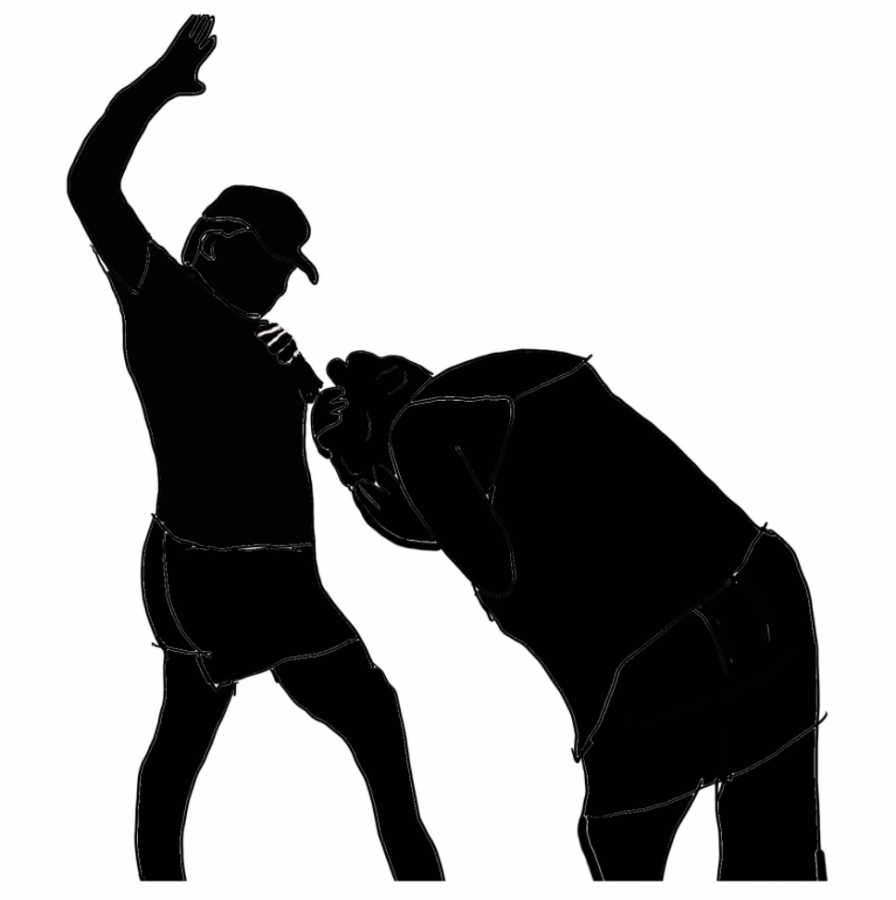
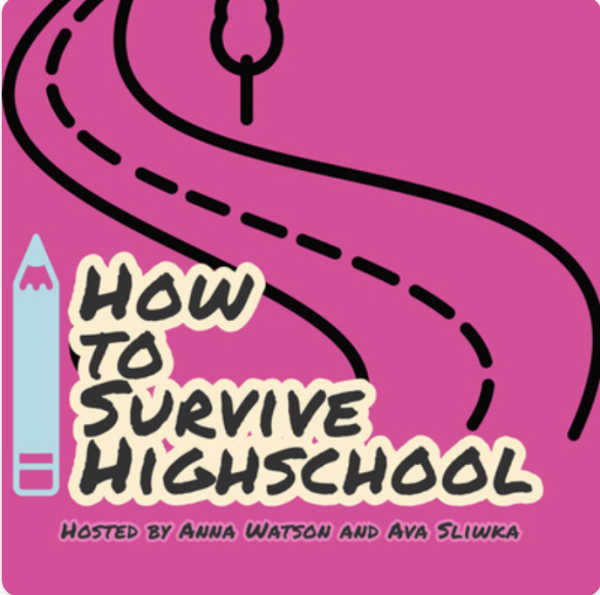

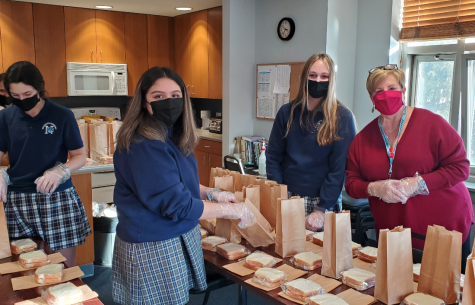
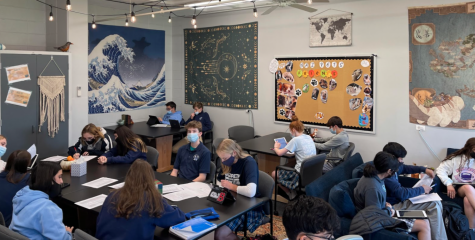


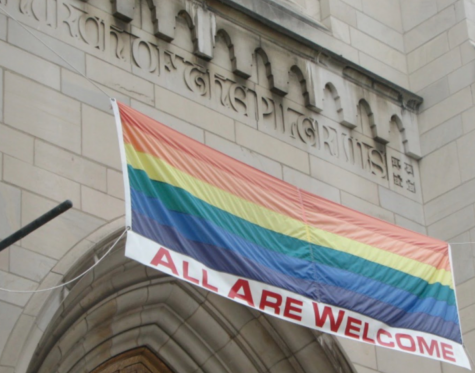

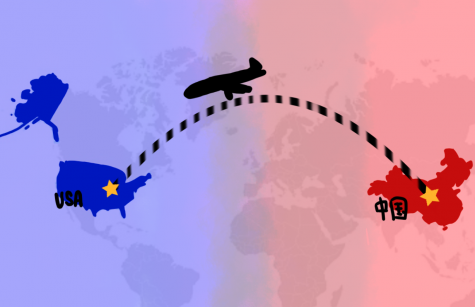
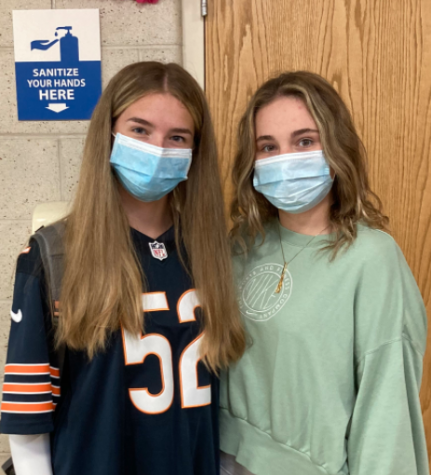
Sam Chopp • Nov 3, 2021 at 11:59 am
I think, especially with such a heavy topic, this is written really really well. I liked how this was connected to the Gabby Petitio case and also to a specific experience of a Naz student. I also liked how you chose to add ways that people can protect themselves from abusive relationships.
Nikolette • Nov 3, 2021 at 11:57 am
I really liked this story and I think you did a really great job connecting a national news story into Naz. This is great so that it could help someone going through something similar.
Matt uphues • Nov 3, 2021 at 11:48 am
I think you did a great job and brought attention to an increasingly growing issue.